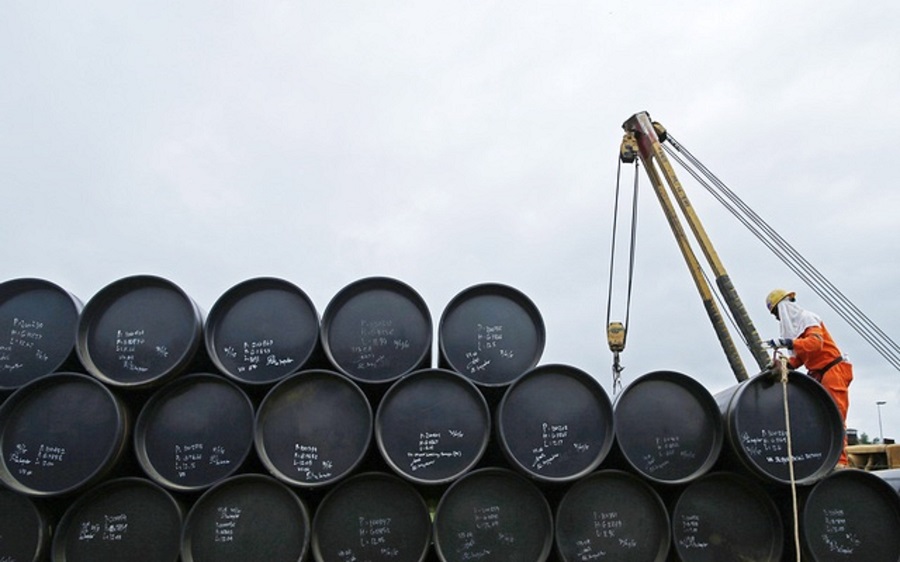
The United States, Britain and some other key oil buyers banned imports of Russian oil shortly after the invasion of Ukraine. The European Union is finalising a further round of sanctions, including a ban on Russian oil purchases. Many European refiners have already stopped buying from Russia for fear of running afoul of sanctions or drawing negative publicity.
The low price of Russia’s oil -- spot differentials are about $29 less per barrel compared with before the invasion -- is a boon for many refiners as they face shrinking margins. The price is well below competing barrels from the Middle East, Africa, Europe and the United States.
India’s purchases of Russian crude have soared since the conflict’s start, rising from nothing in December and January to about 300,000 barrels a day in March and 700,000 a day in April. The crude now accounts for nearly 17 percent of Indian imports, up from less than 1 percent before the invasion. Last year, India imported about 33,000 barrels a day on average from Russia, according to The New York Times.
Prices of oil in the world market have fallen slightly. Duty-free facilities on oil imports from neighbouring India have also lowered the price, Hamid said on Monday after opening a workshop at the Power Bhaban.
Asked whether Bangladesh was considering a lowering of the prices, Hamid said they wanted to keep the rate stable.
“We don’t want to raise or lower it. The recent decline is enough to keep it affordable.”
Hamid said he believes that electric buses and trains should replace oil-run public transport in order to reduce the significant impact of fuel prices on users.
“In future, we must take initiatives to introduce electric buses and other electric forms of public transport. The railways could even introduce electric trains if they want to.”
The government plans to shut down several oil-based power plants next year, Hamid said.
“Several gas-based and coal-based power plants will become operational next year. Because of that, we should be able to shut down oil-based power plants. This will reduce costs.”
The ongoing dollar crisis had impeded imports, but the issue has largely been resolved, he said.
“Bangladesh Bank is obliged to give dollar discounts on state purchases,” he said. “When we want to get a line of credit from a bank, they are obliged to supply them with dollars. The matter has been discussed.”
However, the state minister also noted that the worldwide crisis in shipping has also hampered the transport of fuel.




